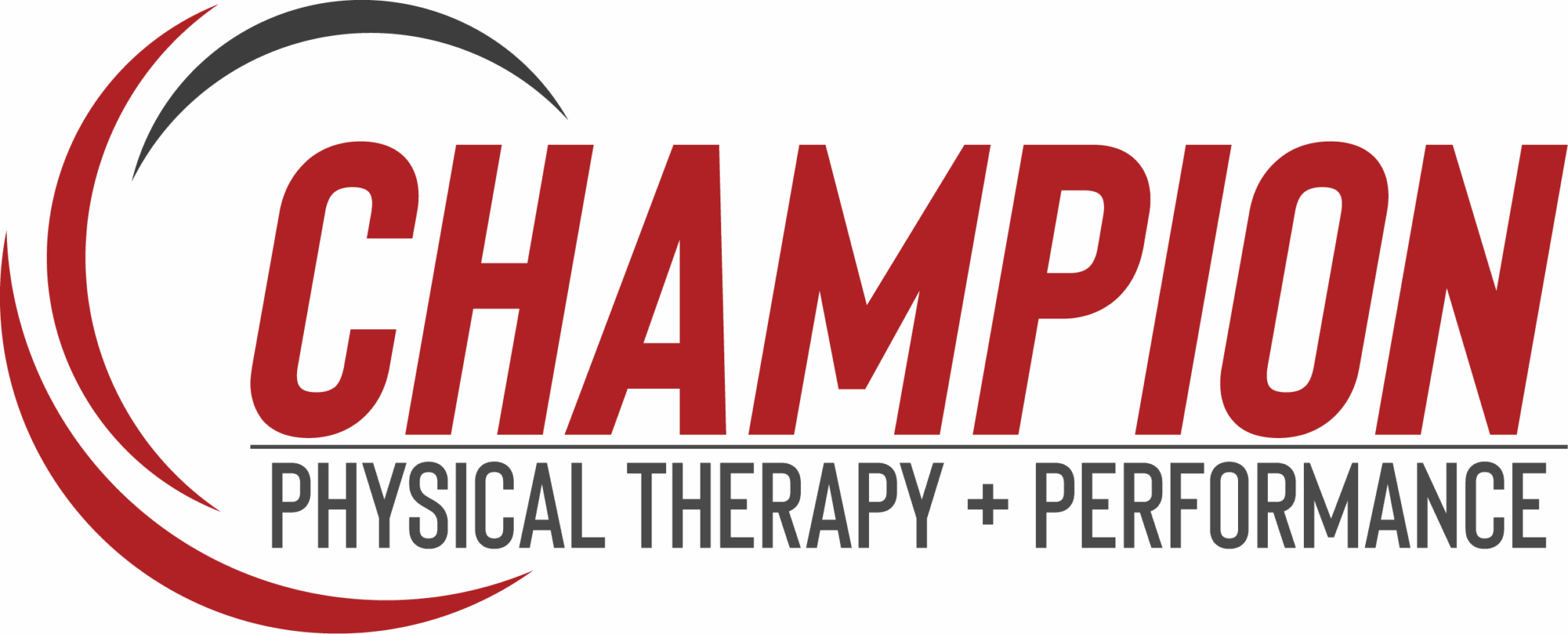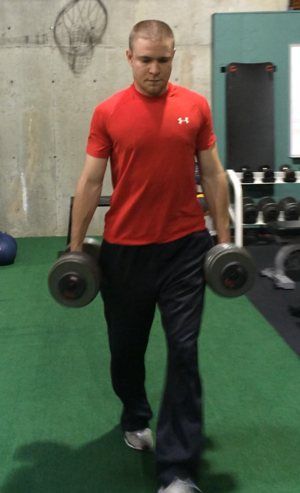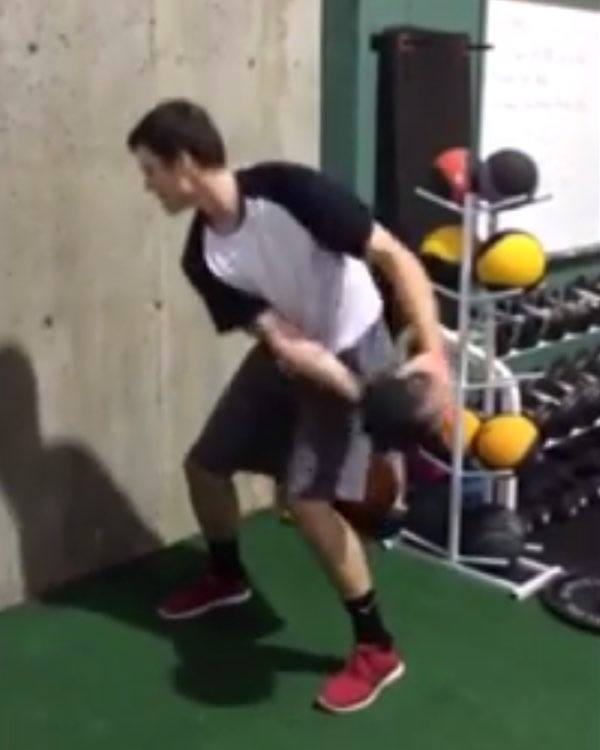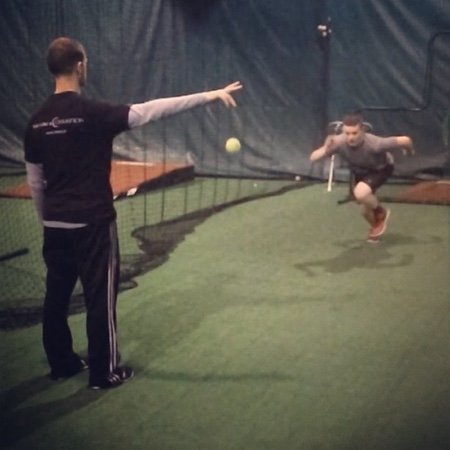4 Tips for Optimal In-Season Health and Performance
With the summer winding down, athletes are preparing for their fall sport season. Many athletes dedicate their entire summer towards their athletic development. Regardless of their off-season preparation, however, one of the keys to effective offseason training is a proper in-season program. Without a proper in-season program, many of these athletes are missing an opportunity to enhance their performance and continue their athletic development.
During the course of a season many things negatively affect athletic performance. Pour nutrition, travel, stress, and lack of sleep all make it very difficult to compete at the highest level. A little awareness and extra effort can go a long way to help you have your best season and get an edge on the competition.
Continue Training to Maintain Strength
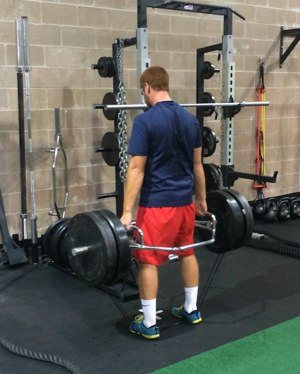
What about soreness? Volume causes delayed onset muscle soreness.
Doing multiple sets with high repetitions will get you sore, not lifting heavy weight for few sets. The National Strength and Conditioning Association recommends performing 2-3 sets of 1-5 reps at-least twice a week to maintain performance levels. Note your weights at the beginning of the season and try to maintain that throughout the season.
I always recommend my athletes take a week or two to “de-load” or decrease the amount of volume in the weight-room during the first two weeks of competition.
Fuel Correctly

Hydration is key in-season, so drink plenty of water. Depending on the temperature of your environment, the amount of fluid you consume should be larger in-season. Your urine should be pale yellow to clear if you are hydrated. If it is darker, you know that you are not drinking enough fluids. Sports drinks, like Gatorade or Powerade, are not as healthy as you think. They are often loaded with sugar. Unless you are sweating profusely, sports drinks should not be your source for hydration. Stick to water.
Calorie requirements will also go up in-season because of athletic demands, so eat more food. To avoid crashing, you must constantly eat to maintain blood sugar levels. Try to eat every two hours.
Breakfast is exactly what it sounds like – Break the fast. To function optimally you must kick start your body into drive. Start your day off with healthy protein and carbs to build muscle and promote energy.
Sleep More

One tip I repeatedly tell my athletes – Shut it down early. Distractions can lead to tossing and turning in bed. Try to put down your cell phone and dim the lights for at-least 15 minutes before bed.
Reduce Stress
Get rid of your distractions. Are you really focusing ALL of your effort towards a successful season? Don’t let your social life get the most of you. If you really want to accomplish your goals people will understand.
Don’t be afraid to ask for help. With the pressure of academics, athletics, and a social life, it can be overwhelming. Teachers, coaches, family, and friends would rather give support than watch you struggle. Speak up. I’m always there for all my athletes.
In order to be successful you must develop habits. Training, eating healthy, resting, and relaxing are all day-to-day tasks that must be learned and practiced over and over again. Everyone has a bad day. You may not always be able to get a training session in or have the time to cook, but, consistent effort will go a long way.
Incorporate these 4 tips into your in-season strength and conditioning program and you will be on your way to better health and performance.
